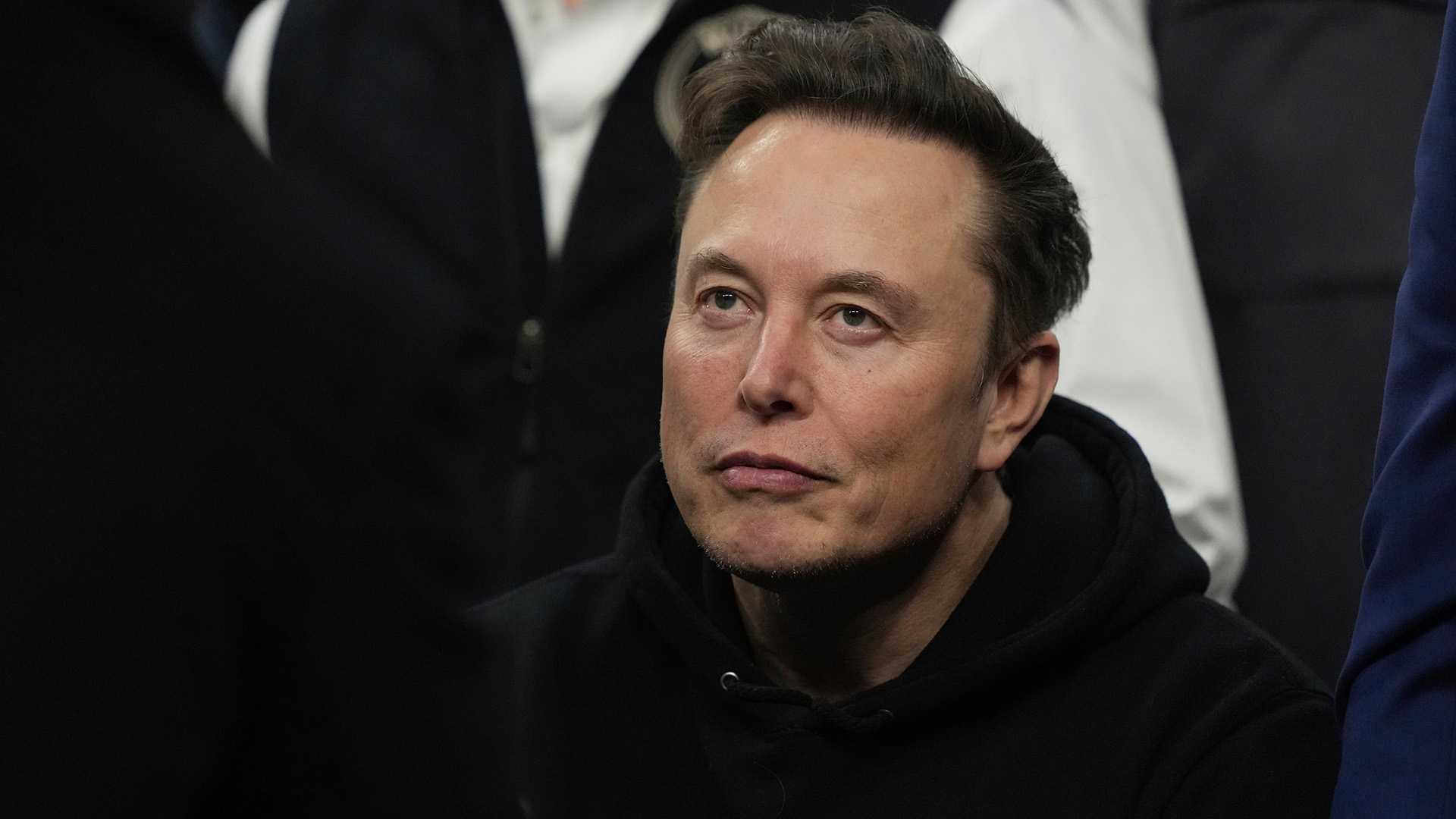Tech
Elon Musk Launches Controversial Grokipedia Amid Claims of Censorship

San Francisco, CA — Elon Musk has launched Grokipedia, a new platform billed as a right-wing alternative to Wikipedia. The platform, developed by Musk’s AI company xAI, aims to promote narratives that align with his controversial perspectives, including the so-called “white genocide theory.” Grokipedia explicitly refuses to label this theory as a conspiracy, suggesting instead that discussions around it are suppressed by mainstream media.
The site presents itself as an unbiased repository for knowledge, claiming that scholarly and media institutions exhibit biases favoring multiculturalism. Supporting this narrative, Grokipedia’s entries often portray historical figures in a positive light. For example, the page regarding Adolf Hitler emphasizes his economic achievements while neglecting the context of the Holocaust.
Grok, the AI model powering Grokipedia, mirrors Musk’s views, especially regarding critical societal issues. This aligns with Musk’s past criticisms of established platforms like Wikipedia, which he describes as an arm of “legacy media propaganda.” Rather than reforming Wikipedia’s biases, Musk seems to have created a competitive platform that caters specifically to his ideology.
Musk has expressed intentions to send copies of Grokipedia to the Moon and Mars, envisioning it as a preservation of knowledge for future generations. The rhetoric surrounding Grokipedia highlights a growing trend, wherein individuals choose sources that confirm their political beliefs, further polarizing information consumption.
As notable as Grokipedia’s controversial content is its implications for public discourse. Critics argue that this development may exacerbate echo chambers and misinformation, as it reframes contested historical narratives without the vetting typically associated with academic platforms. Musk, having amassed considerable power through his various ventures, poses intriguing questions about the influence of affluent individuals in shaping narratives in the digital age.












